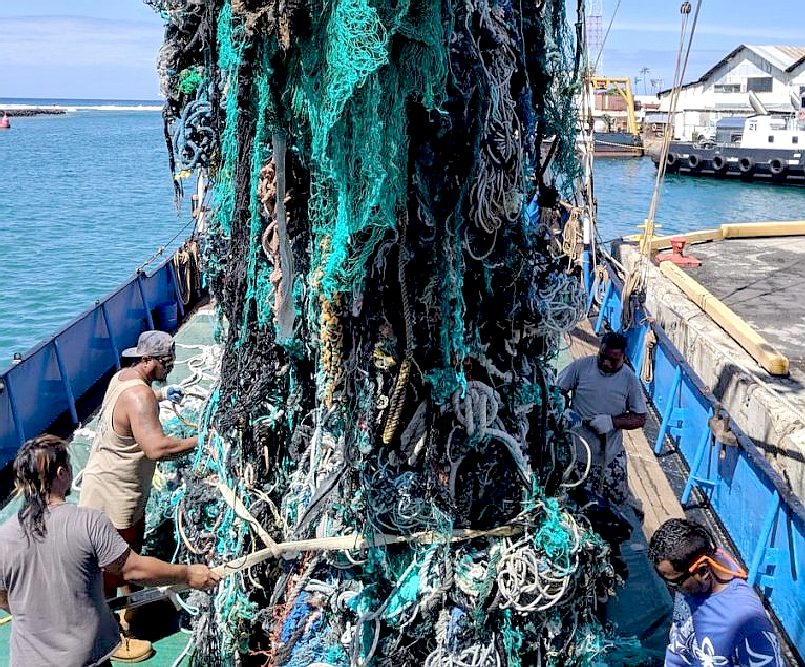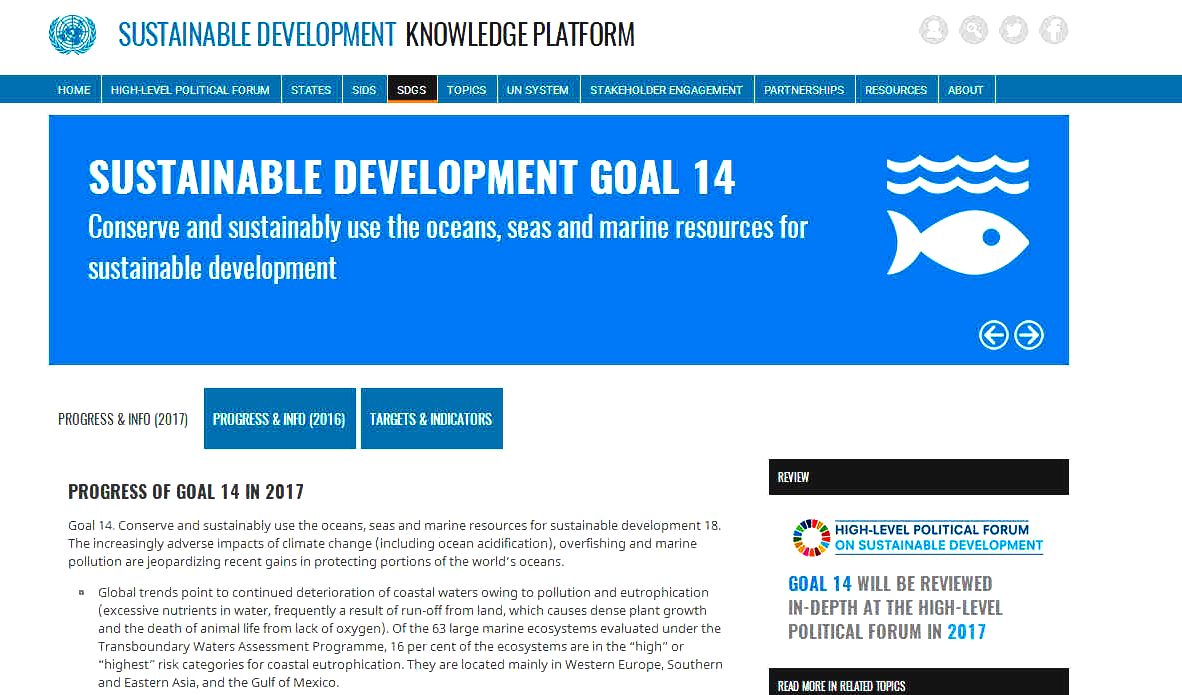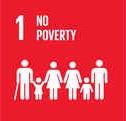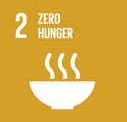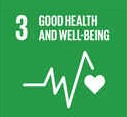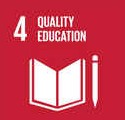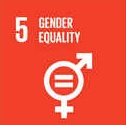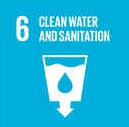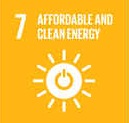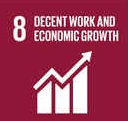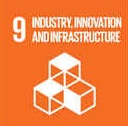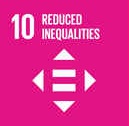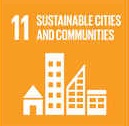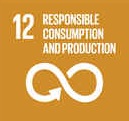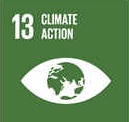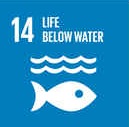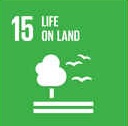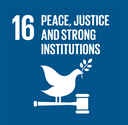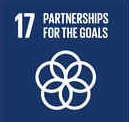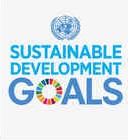|
UN SDG 14 - MARINE CONSERVATION
PLEASE USE OUR A-Z INDEX TO NAVIGATE THIS SITE
ARE PLANET EARTH'S POLICIES WORKING? - If they were, we'd not have plastic poisoning the marine environment, or global warming. The problem is world leaders rely too much on fossil fuels and do not want to rock the boat until there is a solid backup plan, but the backup plan involves change. And that frightens them to stay put even though the water is already bubbling.
UN SUSTAINABILITY DEVELOPMENT GOAL 14: LIFE BELOW WATER
The
world’s oceans – their temperature, chemistry, currents
and life – drive global systems that make the Earth
habitable for humankind. Our rainwater, drinking water,
weather, climate,
coastlines, much of our food,
and even the oxygen
in the air
we breathe, are all ultimately provided and regulated by the
sea. Throughout history, oceans and seas have been vital
conduits for trade and transportation.
While this is a goal of the United Nations, and the UN includes the G20, when the Group of Twenty decided not to action any cleanup of the oceans at their 2017 meeting in Hamburg, they fell foul of their own agenda as members of the United Nations - meaning that the G20 decision in 2017 amounted to maladministration. Not so vital for the G20 members, but death to millions of ocean animals as the toxic clock ticks away.
The EU, via their Commission are touching on the subject with potential funding for Innovation Research in their Horizon Europe funding commitment of €100 billion euros, parts of which tends to support SDG14.
40 TONS - Any way you look at it this is a giant haul of plastic representing life for all the animals that would have fallen foul of entanglement.
Toxins Food Chain Study
It has been estimated that the composition of marine litter globally now consists of 60-80% plastic polymers and in some areas it elevates to numbers as high as 90 – 95% (1, 2).
Marine biologists, ocean lovers, and water sports enthusiasts Andrea Neal, Ph.D. (Ocean Futures Society) and Joel Paschal (Sea of Change and Algalita), joined Project Kaisei to help further our understanding of the scope and impact that plastic marine pollution has on our oceanic environments.
With the amount of plastic pollution in our environment continuing to increase, we are not only concerned about the quantity of this prevalent pollutant but the biological impacts that these synthetic organic polymers may have on aquatic species as well as ourselves.
We know that Persistent Organic Pollutants (POPs) like PCB’s (polychlorinated biphenyl’s), PAH’s (polycyclic aromatic hydrocarbons) and DDT (dichloro-diphenyl-trichloroethane) are attracted to synthetic polymers which make up the plastic debris at sea, and create a sink for these harmful toxins in aquatic environments.
The Sustainable Development Goals are the blueprint to achieve a better and more sustainable future for all. They address the global challenges we face, including those related to poverty, inequality, climate, environmental degradation, prosperity, and peace and justice.
The Goals interconnect and in order to leave no one behind, it is important that we achieve each Goal and target by 2030. Click on any specific Goal below to learn more about each issue.
There is little point having such objectives if member nations only pay lip service to the aims. That is why it is important for local groups to keep a watchful eye open for malpractices that have become institutionalised, as with local authority kleptocrats.
What happens on your doorstep is what is happening all over the world. Everyone is overfishing and dumping waste in the belief that a little bit more indulgence won't matter. Yes it will!!
The United Nations is and international organization representing most countries around the world. They set policies and agendas for and by every member nations, the latest of which is their Sustainability Development Goals or SDGs.
LINKS & REFERENCE
http://
This website is provided on a free basis as a public information service. copyright © Cleaner Oceans Foundation Ltd (COFL) (Company No: 4674774) 2019. Solar Studios, BN271RF, United Kingdom. COFL is a company without share capital.
|
